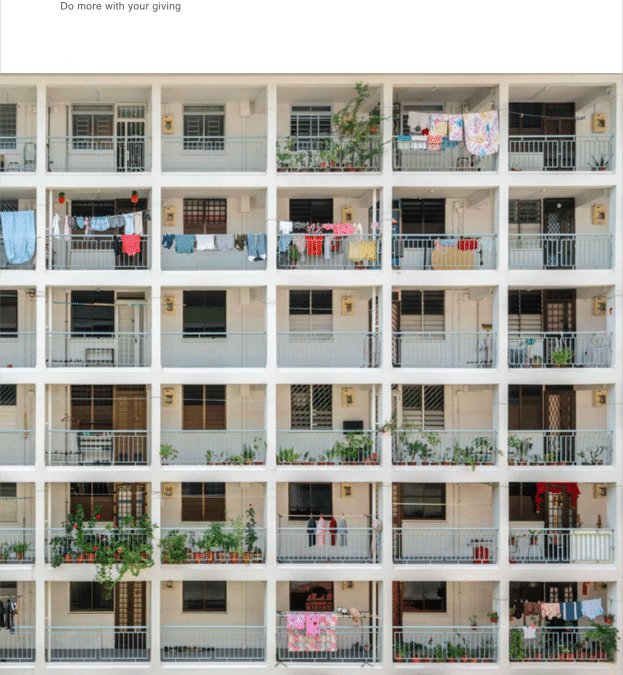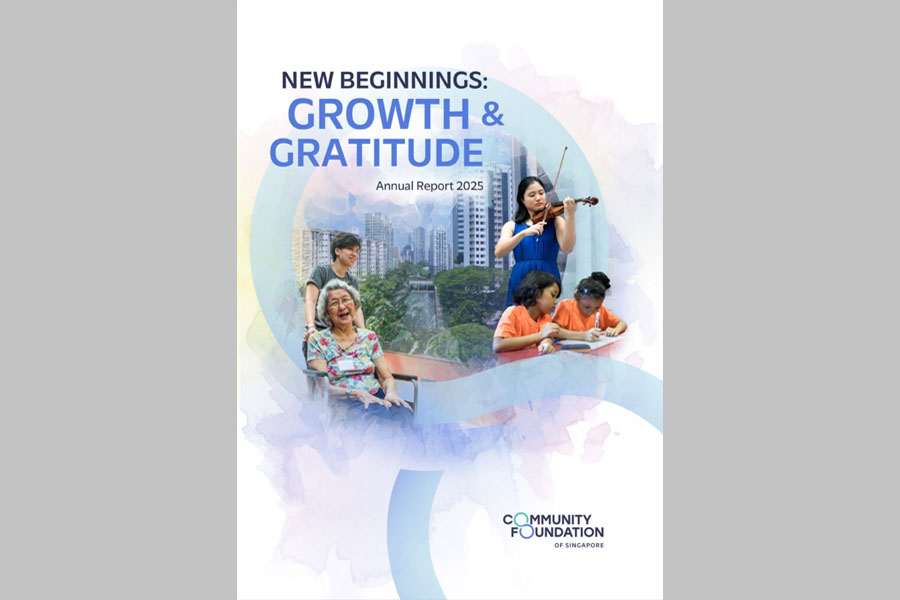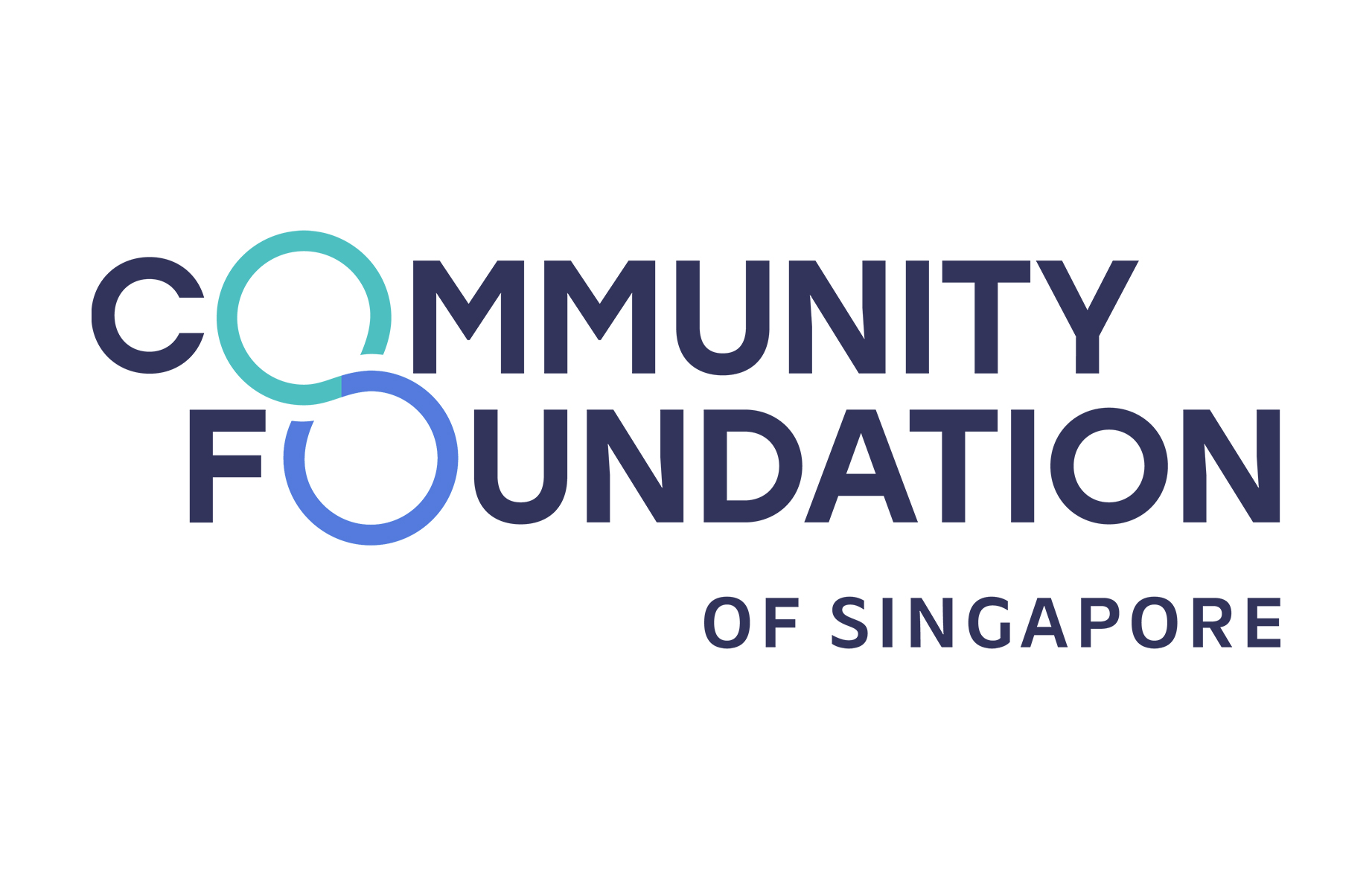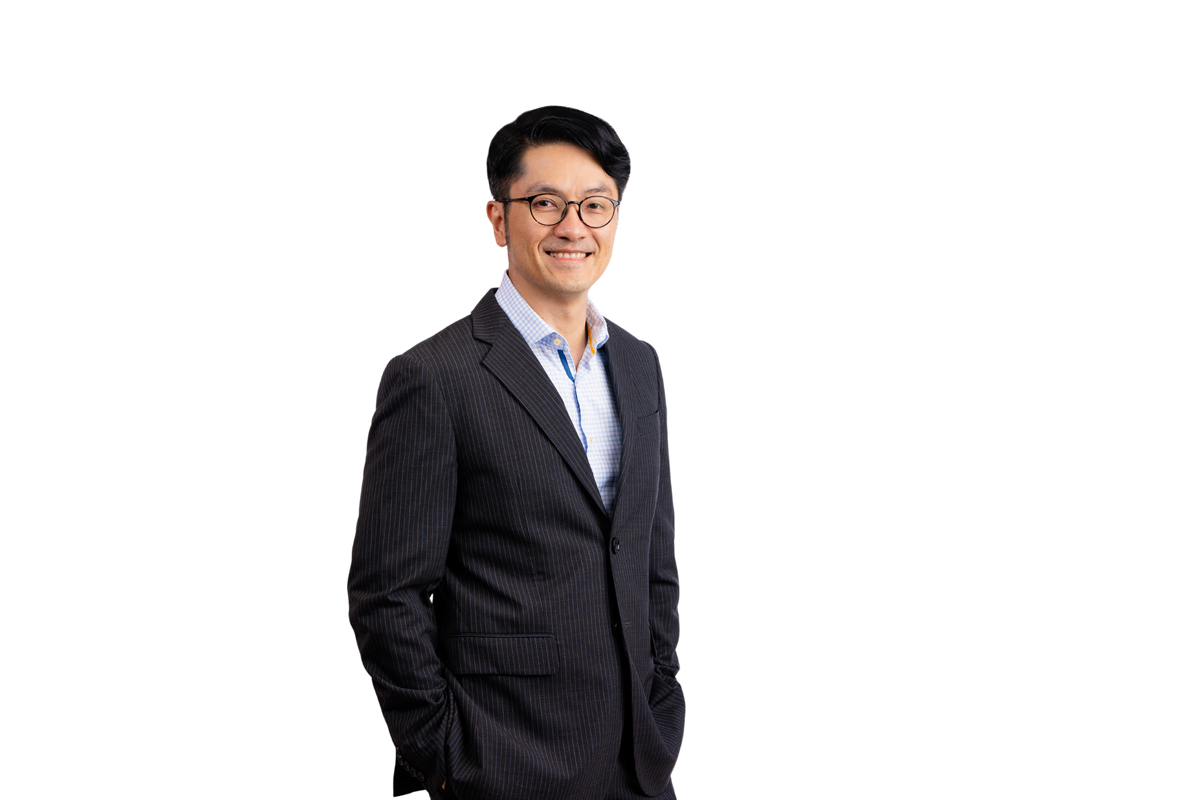News
CFS Annual Report 2017

John Doe
October 14, 2017
Oct 14, 2017

The CFS Annual Report 2017 has just been published. This year’s Annual Report sums up CFS’s effective work with donors and charity partners for the year as we continue to impact diverse communities. Download your copy here.
The CFS Annual Report 2017 has just been published. This year’s Annual Report sums up CFS’s effective work with donors and charity partners for the year as we continue to impact diverse communities. Download your copy here.


